Articles
-
The Impact of Alkaline Rain on Agriculture
As environmental pollutants accumulate and climate change intensifies, the likelihood of various meteorological anomalies increases. While acid rain has long been a topic of discussion in environmental science, there is another, less frequently discussed but equally significant phenomenon known as “alkaline rain” or “alkaline precipitation.” This phenomenon poses a substantial threat to agricultural sustainability worldwide. Here, we will examine the negative impacts of alkaline rain on agriculture, explore the science behind its formation, and detail effective strategies for mitigating its…
Read More -
Articles
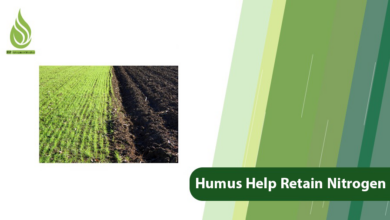
How Does Humus Help Retain Nitrogen in Soil?
Humus is a natural and organic substance whose presence in agricultural and orchard soils leads to improved plant growth and higher productivity. This material provides numerous benefits for both soil and plants. One of humus’s most important functions is its role in retaining nitrogen in the soil. Soils that contain an adequate amount of humus are able to hold nitrogen more effectively and prevent its rapid loss. As a result, fertilizer efficiency increases and plants are able to access nitrogen…
Read More -
Articles
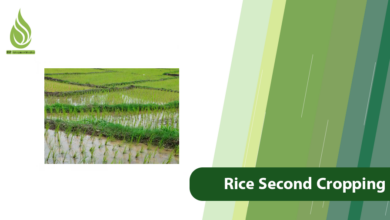
Second Cropping of Rice: Best Strategies for Better Yield
Second cropping of rice is the replanting of rice after the first crop has been harvested, and is usually done in some susceptible areas. If you have planted rice in an area where replanting is possible, you must feed the plants well to harvest a quality crop in the second crop. In this article, we present a fertilization schedule for the second crop of rice. What is Second Cropping of Rice? Second cropping of rice means replanting rice in fields…
Read More -
Articles
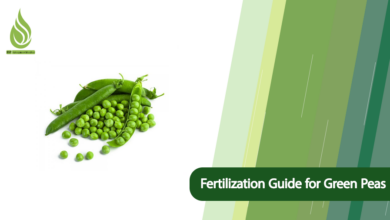
A Complete Fertilization Guide for Green Peas
Green peas (Pisum sativum L.) are among the most widely consumed and economically important legume crops in the world. Valued for their high nutritional content, pleasant flavor, and versatility in fresh, frozen, and processed forms, green peas play a vital role in both human nutrition and sustainable agricultural systems. This comprehensive guide explains the botanical characteristics, environmental requirements, and nutritional needs of green peas, with a strong focus on fertilization management from planting to harvest. Rich in plant-based protein, dietary…
Read More -
Articles
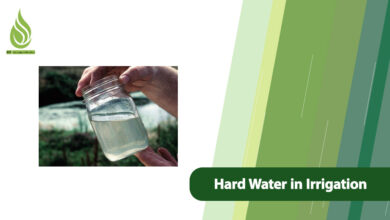
What Happens If the Agricultural Irrigation Water Is Hard?
Hard water in irrigation is a common challenge for farmers worldwide, particularly in arid and semi-arid regions where groundwater sources often contain high levels of dissolved minerals. Hard water is defined as water with elevated concentrations of calcium (Ca²⁺) and magnesium (Mg²⁺) ions, typically exceeding 150 mg/L (or parts per million) of calcium carbonate equivalent. While these minerals are essential for plant growth in small amounts, excessive levels can lead to significant issues in soil health, plant nutrition, and irrigation…
Read More -
Articles
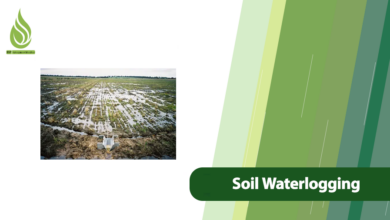
What Causes Soil Waterlogging and How to Fix It Effectively
Soil waterlogging is a major challenge in agriculture worldwide, affecting millions of acres of farmland and leading to significant crop losses every year. It occurs when excess water saturates the soil, displacing air from the pore spaces and creating anaerobic (oxygen-deprived) conditions in the root zone. This not only stifles plant growth but can also cause long-term damage to soil health and productivity. Farmers often underestimate this issue, but ignoring it can result in root suffocation, nutrient deficiencies, increased disease…
Read More -
Articles
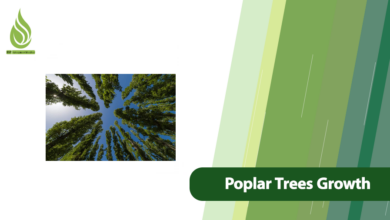
Key Strategies for Rapid Growth in Poplar Trees
Poplar trees are a powerhouse in the wood and paper industries, offering tremendous potential for economic profitability when cultivated properly. Whether you’re a farmer, landowner, or investor looking to capitalize on sustainable forestry, understanding the key strategies for fostering the rapid growth of poplar trees is crucial. Achieving rapid growth and high productivity requires precisely meeting the tree’s nutritional, environmental, and management needs. This comprehensive guide provides practical, science-backed advice for anyone aiming to accelerate poplar tree development. Introduction to…
Read More -
Articles
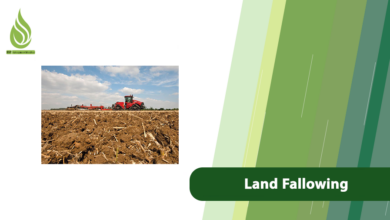
What Is Land Fallowing? When Should You Do It?
In sustainable farming, land fallowing, often described as letting the soil rest, is a traditional practice where farmland is left unplanted to recover its strength and fertility. This is not merely leaving a field empty; it is a planned method to restore the soil’s nutrients and structure. In this guide, we will explain what land fallowing is, when to use it, its many advantages, and how to manage soil nutrients during this period. Whether you farm in the dry areas,…
Read More -
Articles
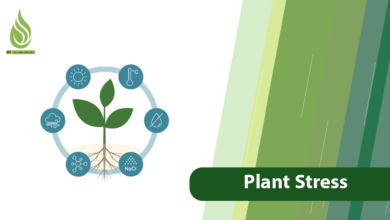
What is Plant Stress & How to Manage It?
In everyday gardening and farming, plant stress, sometimes called strain, happens whenever a plant cannot grow at its best, which leads to lower harvests or poor health. Many things can cause this stress, from extreme heat or cold to pests and diseases. This guide will explain the different kinds of plant stress, what causes them, and offer practical steps to prevent and handle these problems. Whether you are caring for a backyard garden in Central Asia or managing a large…
Read More -
Articles
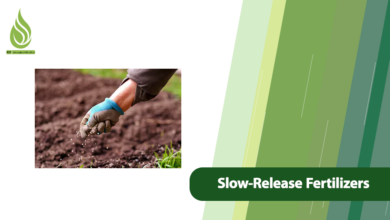
Why Professional Farmers Choose Slow-Release Fertilizers
In modern farming, which balances efficiency with sustainability, slow-release fertilizers are a popular choice for growers. These special fertilizers release nutrients into the soil steadily over time, making them suitable for traditional farms, greenhouses, orchards, and city gardens. If you want to learn more about the different kinds of slow-release fertilizers and how they can help, this guide will explain them step-by-step, so you can choose what’s best for your crops. What Exactly Is a Slow-Release Fertilizer? Slow-release fertilizers are…
Read More -
Articles
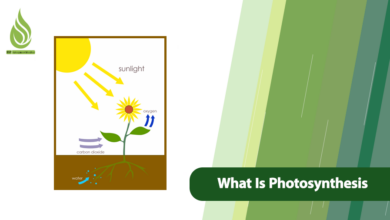
What Is Photosynthesis? Simple Guide to How Plants Make Food
Photosynthesis is essential for life on Earth. Plants, algae, and some bacteria use sunlight to turn water and carbon dioxide into sugar and oxygen. This sugar fuels plant growth, while the oxygen supports life. In this guide, we explain what photosynthesis is, how it works, what affects it, and why it is so important. We also explore how climate change impacts this process and how fertilizers, such as ammonium sulfate, can help plants perform better. Here we offer clear insights…
Read More -
Articles
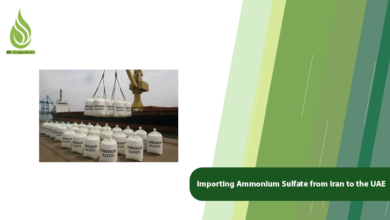
Importing Ammonium Sulfate from Iran to the UAE and Dubai
In modern farming, it is very difficult to increase crop production without using mineral fertilizers. Ammonium sulfate is one of the most important and common fertilizers used. The United Arab Emirates imports a large amount of its agricultural mineral fertilizers from Iran, which creates a strong business opportunity for traders. Importing ammonium sulfate to the UAE and Dubai helps local farms and also allows for profitable re-export to nearby markets. Trade Dynamics of Ammonium Sulfate Between Iran and the UAE…
Read More